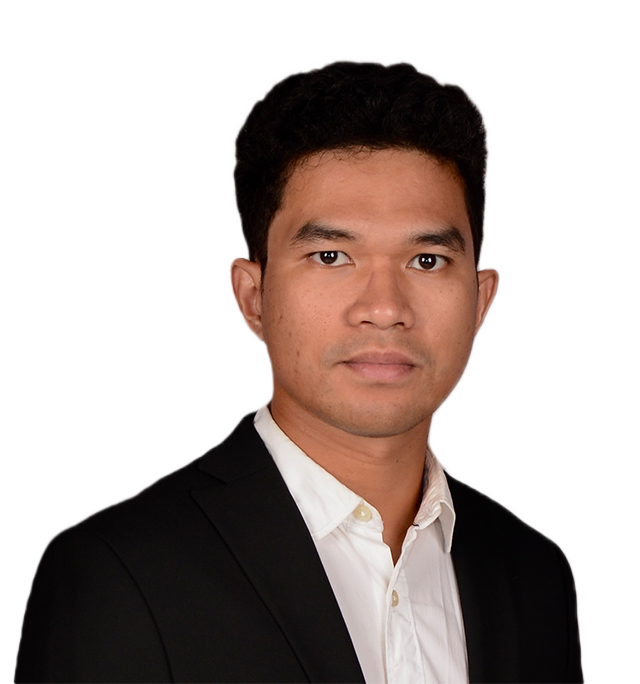Ishak Hilton Pujantoro Tnunay, Ph.D.
Teknik Komputer
Email : hilton.tnunay@itb.ac.id
Ishak Hilton Pujantoro Tnunay, also known as Hilton Tnunay, is a lecturer and researcher at the Computer Engineering Research Group, School of Electrical Engineering and Informatics (STEI), Institut Teknologi Bandung (ITB). His research fields include control systems, robotics, and multi-agent systems, for which he has published several conference and journal papers.

Hilton received his bachelor’s degree in electrical engineering from Universitas Gadjah Mada (UGM) in 2015 with a bachelor’s thesis about UAV formation control in an unknown environment. Upon completing his bachelor’s study, he became an awardee of Indonesia’s Endowment Fund for Education (LPDP) Scholarship to study for his PhD in control systems at the University of Manchester, UK, with a thesis about distributed coordination and estimation of multi-agent systems. He received his PhD in control systems in 2020.
During his doctoral studies in 2018, Hilton won several competitions: Venture Out, organised by the University of Manchester and Imagine Cup by Microsoft on the development of an autonomous drone coordination system for agriculture. With the award-winning idea, he co-founded his drone startup company in Indonesia, Beehive Drones, which focuses on developing autonomous robots with applications to several industries. After completing his doctoral degree, Hilton returned to Indonesia to manage the technology development in his startup company for several months in 2020. During that period, Hilton led a team aiming to develop a long-range Hybrid VTOL drone for the automatic operation of a medical delivery system in Madura, Indonesia.
In 2021, Hilton returned to academia by becoming a postdoctoral researcher at GIPSA Lab, Grenoble, France, to join the TActical Multi-Objective Swarming UAVs (TAMOS) research project, a collaboration between GIPSA Lab, Squadrone Systems and SAFRAN funded by French Directorate General of Armament (DGA). This project aimed to develop a mission manager of drones formation for various applications. From 2022 to 2024, Hilton continued his postdoctoral research at KU Leuven, Belgium, within the Geomatics Research Group, to join the Deep Sewer project, an applied-research project funded by KU Leuven which focused on developing an automatic sewer inspection system to build the 3D reconstruction of sewer pipes aligned with their detected anomalies using deep learning and computer vision algorithms.
Starting in 2024, Hilton was appointed as a lecturer and researcher at STEI-ITB. His ongoing research projects include (1) Collaborative Aerial Robotics for Goods Operation (CARGO), an STEI-ITB funded project aiming to develop a formation controller of multiple quadcopters for transporting a payload; (2) Development of Experimental and Exploratory Photogrammetry for Supporting Underwater Archaeological Studies using Remotely Operated Vehicle (DEEP-UNDER ROV), an ITB-funded project aiming to design an ROV for underwater mapping of archaeological sites in collaboration with researchers from BRIN, INSA Strasbourg; (3) Predictive Control for Underwater vSLAM Considering Effects of Internal Solitary Waves (PISCES), a collaboration between Beehive Drones and ITS, aiming to design robust controller under the presence of internal solitary waves, and (4) Automatic Drone Pollination Systems for Agriculture Application, a collaborative project between Beehive Drones and Astra Agro Lestari (AAL).
In addition to research activities, Hilton taught several courses, such as Microcontroller Engineering, Robotics, Control Systems, Programming, and Fundamental Electric Circuits, served as an instructor in several AI and computer vision workshops, and reviewed several journal papers published by IEEE, Elsevier, and MDPI.
Keyword
Computer Engineering
Group Website
- KK Teknik Komputer
- Profile ITB
- SCOPUS Profile | SINTA Profile
- Blog
